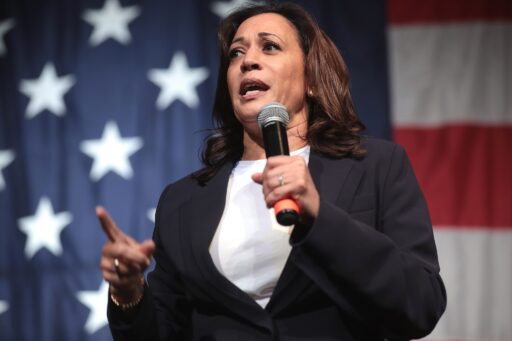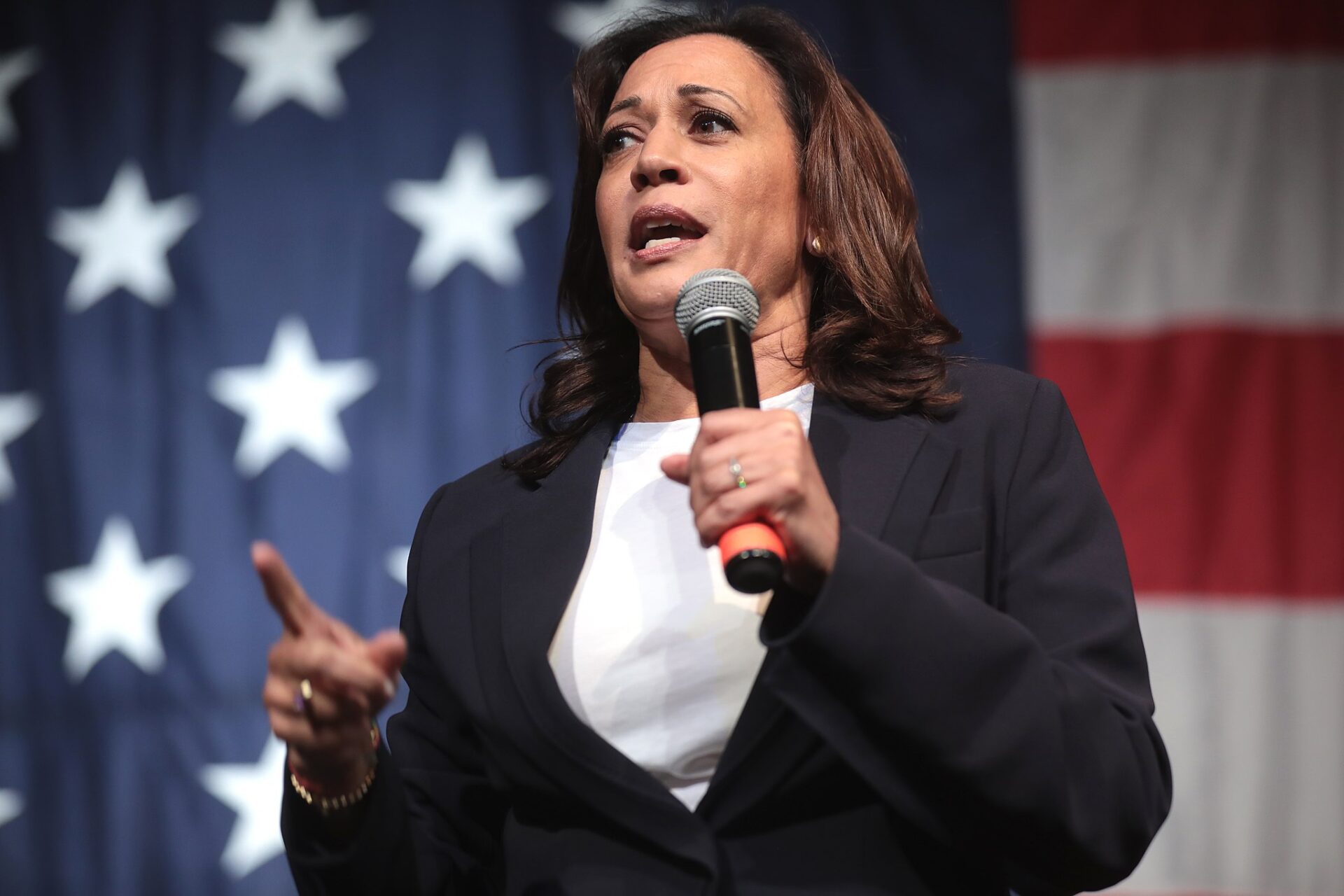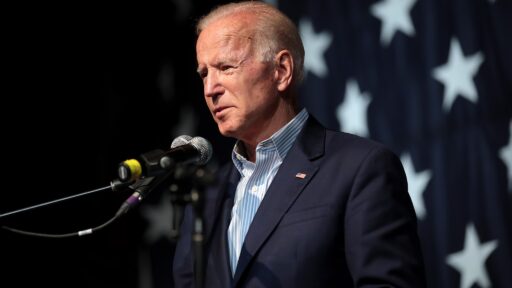Here’s what we know so far…
In the wake of President Biden’s surprise announcement that he will not seek re-election in 2024, the political landscape has swiftly turned its attention to potential successors within the Democratic Party. According to the latest insights from political betting markets, Vice President Kamala Harris and Pennsylvania Governor Josh Shapiro have emerged as frontrunners for the Democratic presidential ticket.
Vice President Harris, at 59 years old, holds a commanding lead with odds of 1/9 (-900) to secure the Democratic presidential nomination on platforms like BetOnline.ag. While endorsed by President Biden himself, Harris has not yet received the explicit backing of former President Barack Obama, a notable factor in Democratic circles.
Following Harris, California Governor Gavin Newsom stands at 15/1 odds, positioning him as a potential dark horse for the nomination, closely trailed by Michigan Governor Gretchen Whitmer and former First Lady Michelle Obama, each at 16/1 odds. However, the prospect of a Harris-Shapiro ticket gains traction with Governor Shapiro, aged 51, currently leading the odds at 7/4 to secure the vice presidential nomination.
Other contenders for the vice presidency include North Carolina Governor Roy Cooper at 3/1, Kentucky Governor Andy Beshear and Transportation Secretary Pete Buttigieg at 5/1 each, and Senator Mark Kelly also at 8/1 odds. Governor Whitmer and Michelle Obama face steeper odds for the vice presidential nomination, at 16/1 and 20/1 respectively.
President Biden’s decision not to seek re-election has been described as a strategic move aimed at benefiting both his party and the nation. At 81 years old, Biden remains committed to fulfilling his current term in office, making way for a potentially heated Democratic primary season as contenders vie for prominence and party support.
The shifting dynamics within the Democratic Party underscore a critical juncture in American politics, where speculation and strategic positioning will play pivotal roles in shaping the future leadership of the nation. As the 2024 election cycle unfolds, the Republican Party anticipates a robust debate against what promises to be a deeply contested Democratic field, setting the stage for a consequential electoral showdown that will shape the country’s trajectory in the years to come.







